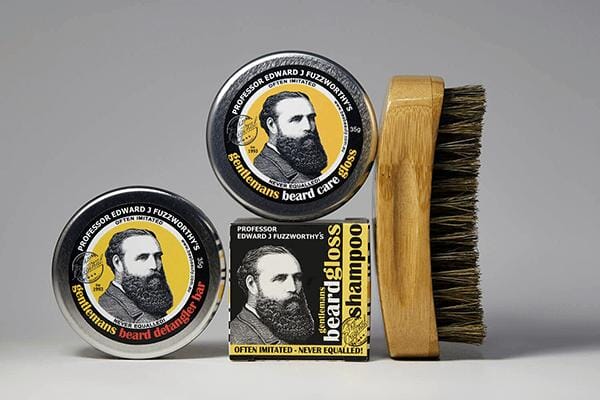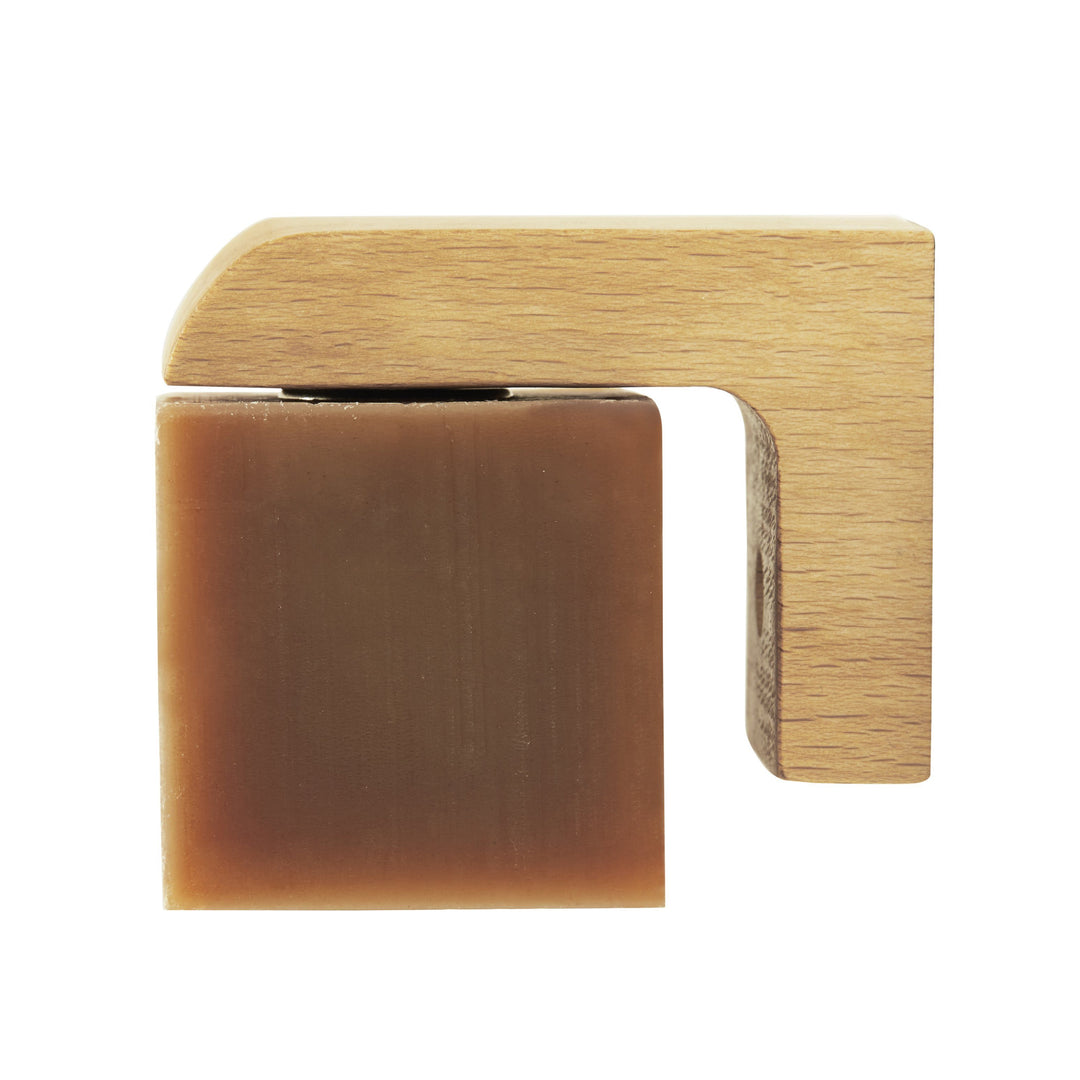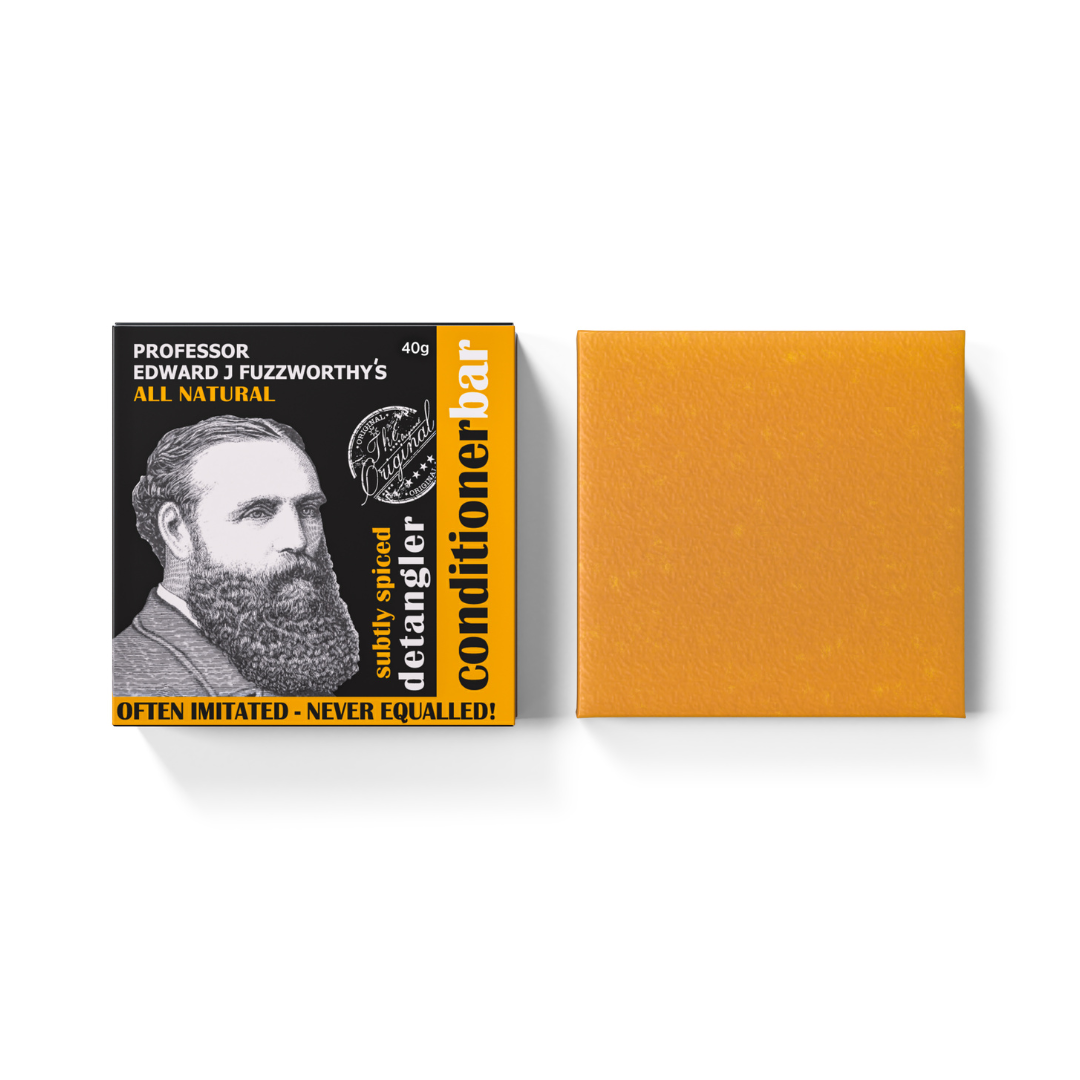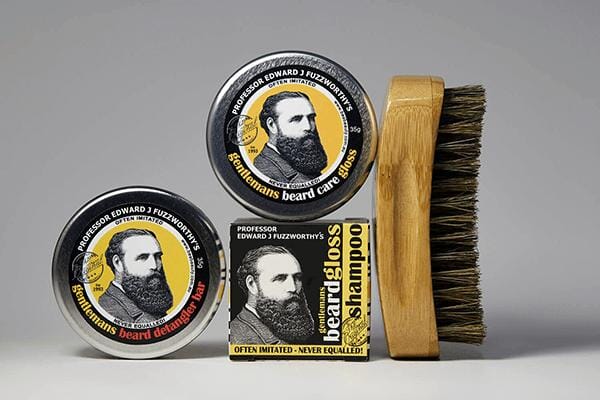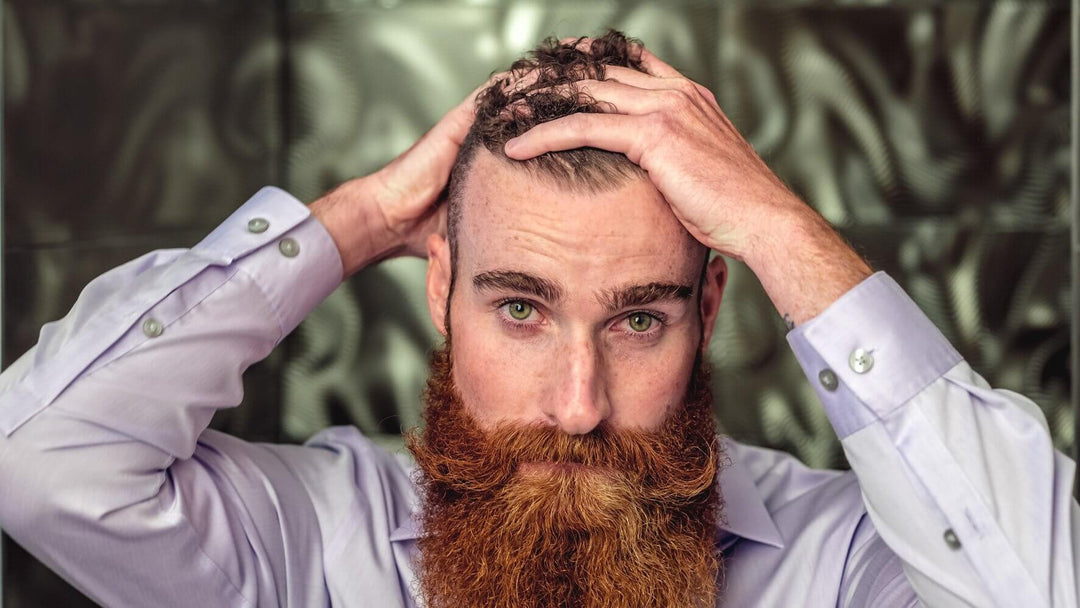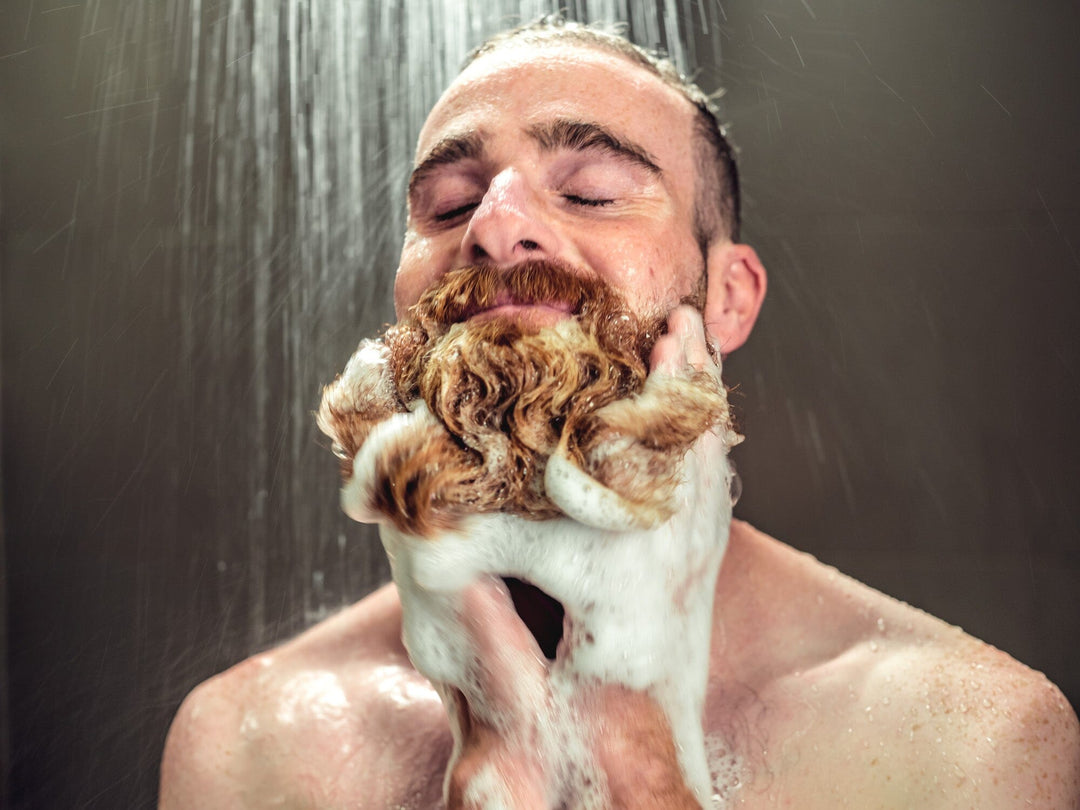Let’s Talk Sleep!
How many times have you heard that getting enough sleep will improve your health? Yet this seems to be a challenge hard to overcome to a lot of people. The circumstances brought upon us by a world that demands a lifestyle of constant adaptation and reactiveness can be hard to overcome.
Being too hard on yourself isn’t the answer. Challenges must be approached with an understanding of your capacities to tackle them. Here’s some good info about that:https://www.youtube.com/watch?v=OoA4017M7WU
With that in mind, let’s try to entertain the idea of putting sleep as a priority.
Here are some meaningful and relatively easy to achieve actions you can take that will likely improve your sleep:
- Draw the curtains out and make your room pitch dark: the production of Melatonin (hormone that regulates sleep) is inhibited by light. Get some black out curtains and turn all lights off (including any alarm clock or devices with a stand by light).
- Make the room temperature comfortable: 65 to 72 degrees. In general humans will fall asleep better if the room is nice and cool. Make sure your sheets don’t hold heat too much - it’s nearly impossible to fall into deep sleep when you’re sweating.
- Use pink noise: Masking the sounds that come from outside your room is very helpful way to keep distractions at bay. WhIte noise helps too. Pink noise has a wider ranges of frequencies than white noise. A simple search on youtube will yield a good amount of pink noise videos you can play off your device.
Feeling up to slightly harder challenge?
- Create a routine: having a predictable set of actions around your sleep time reduces the stress around sleeping and helps you fall into the deep sleep we’re trying to get into.

Clinical Psychologists even noticed that some of the more critical effects of anxiety disorders can be dramatically reduced by simply waking up at the same hour every day and consuming a protein and fat rich meal within 30 minutes of waking up.
- Find out how much do you actually need to sleep: This will depend mostly on your age and gender (the first being more important). In general, an average of 7-9 hours of sleep is whats recommended to most adults over 20 (including naps). Here’s a piece on the Sleep Foundation Website that shines a light on this matter
- Find you proper sleeping position: As far sleeping positions go, the consensus seems to be that sleeping on your back with a thin but supportive pillow below your neck is still the one that yields the most positive results. Here’s Sleep.org on sleeping positions:
- Pillow Talk: Married life can be full of ups and downs. This is also true to anyone who is sleeping often with a partner. Keeping the troubles of life away from bed time is key to ensure distancing your mind and your partners mind from stress driven preoccupation that may influence the quality of sleep. An activated mind will have a hard time falling into the healthy deep sleep we all need.
- Exercise: This is as broad a claim as possible. We all know exercising is important for several reasons - the point here is that exercising improves your sleep quality. What kind of exercise or how much is a subject for an entire thesis. Remember that, as long as you’re not hurting yourself, some exercise will be better than none.


